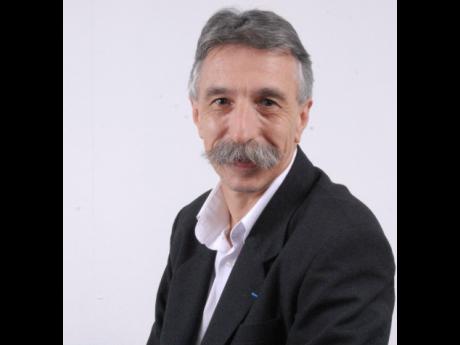The Arts help to promote healing
“Music hath charms to soothe the savage breast” is a statement often misattributed to Shakespeare, but it is an early line from a play by another English poet and playwright – William Congreve.
He lived in Jamaica for some years. Also a politician, he received a political appointment in the island from King George I in 1714, and while here, he continued to write. However, he focused on poetry instead of full-length dramatic productions (of which he wrote five) and translated the works of Homer, Juvenal, Ovid, and Horace.
He wrote some of the most popular English plays of the Restoration period – an era distinguished by the fact that female roles were beginning to be played predominantly by women. One of his favourite actresses in his mainly highbrow sex comedies was Anne Bracegirdle.
For ‘music,’ Congreve could’ve substituted any of the other major arts – fine art or dance or drama. It’s common knowledge that they can have a soothing, calming – and thus healing – effect on us. Some of them did on me recently.
Flashback
It’s 2 o’clock in the morning, and I wake to the voices of Anthony Miller and Alaine expressing fierce disagreement – again. But it’s nothing personal. The ‘Digicel Rising Stars’ song competition judges are in contention over the vocal quality of the contestants.
From my bed, I’m hearing them on a television set in the corner of my hospital room. If they had been there, I could’ve helped them out, but the programme was a recorded one. I was in the hospital following colon surgery. I’m out now and recovering rapidly. The positive recovery rate is at least partly due, I feel, to the healing occasioned by my listening to the music on ‘Digicel Rising Stars’ and other music programmes on my neighbour’s TV and on my own portable radio.
One of the TV documentaries buoying me up went into detail on the healing effects of music, and around the world, the term ‘therapy’ is often paired with drama, dance and art. In fact, at the Edna Manley College of the Visual and Performing Arts (EMCVPA), the School of the Visual Arts teaches a course in arts therapy.
Pierre Lemaire, a former dean and now a lecturer at the School of Drama, recently told me about his work in drama therapy and how it has gone a step further to “performance therapy”. Along with his wife, Karlene, and drama school colleague Brian Heap, he started a drama group, Kidstuff, in 1981 with a children’s theatre workshop. The participants, who were trained for free “just for the pleasure of being in theatre”, came, Lemaire said, “from everywhere”.
He elaborated, “The majority were from ghetto areas, from downtown, and a couple from uptown. Some had disabilities.” For years, the Little Theatre Movement was “totally supportive” in providing rehearsal space in the Little Little Theatre, and even performance space in the Little Theatre. The work with children with disabilities (Lemaire terms it ‘dis-ability’, meaning ‘this ability’) expanded significantly because at the time, Heap was part of the Washington, D.C.-based Very Special Arts project. The Kidstuff group, of mainly deaf youngsters, was invited to Washington, D.C., performed at the Kennedy Centre in a Very Special Arts Festival, and was invited to the White House.
The visit meant a lot to the group, Lemaire said, not only because of the prestige of the events but because one of them got a scholarship to study at a university and another continued doing theatre with Kidstuff and started teaching at the School for the Deaf.
In continuing his work with the disabled, Lemaire has created a company called Jamaica Alternative Theatre. The shows it produces are designed to end in productions because he found that some students who were unresponsive in classes came alive during performances. They apparently drew energy from the audiences and occasions. It was quite amazing, Lemaire said, and very emotional for parents.
He is now working on launching the programme throughout the Caribbean by the end of this year but needs major funding and help from a range of persons from psychologists to accountants.

